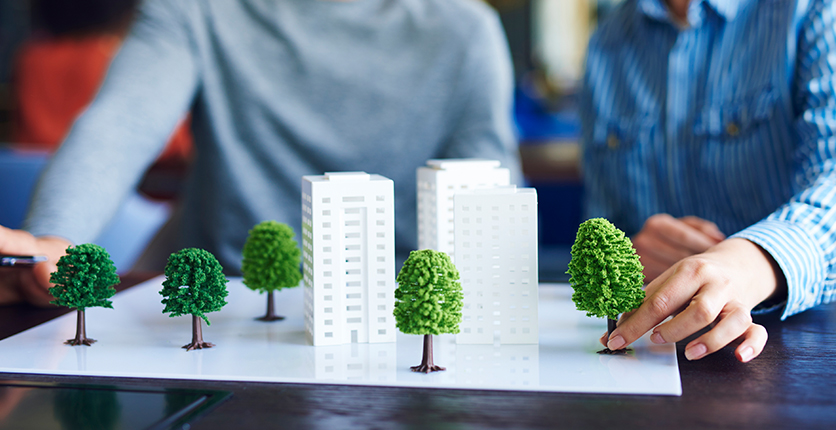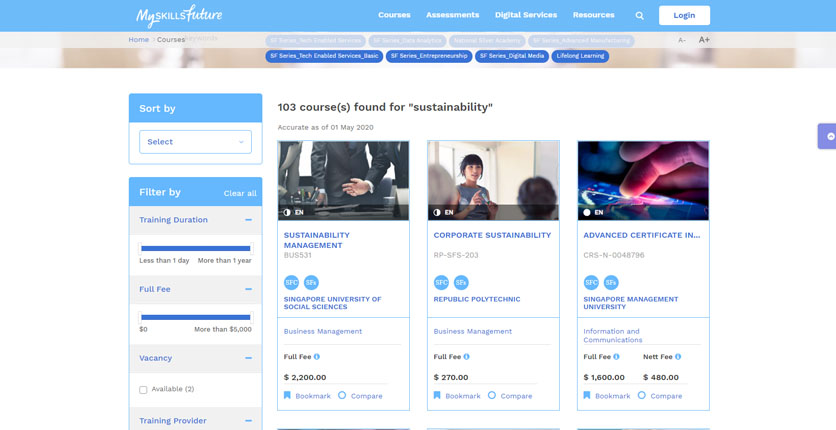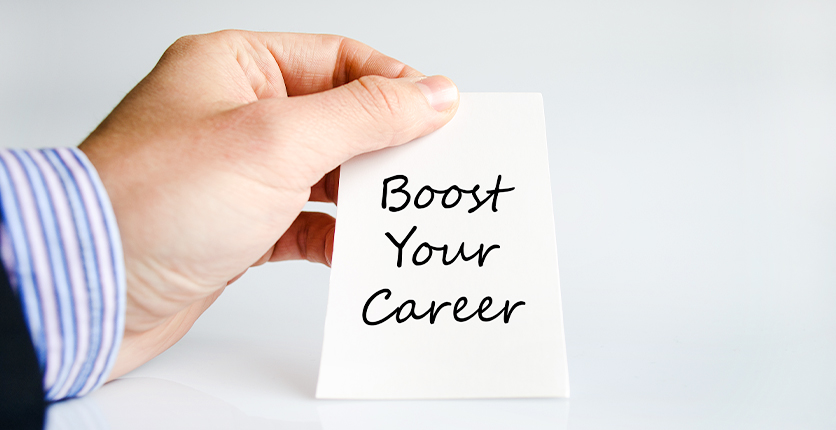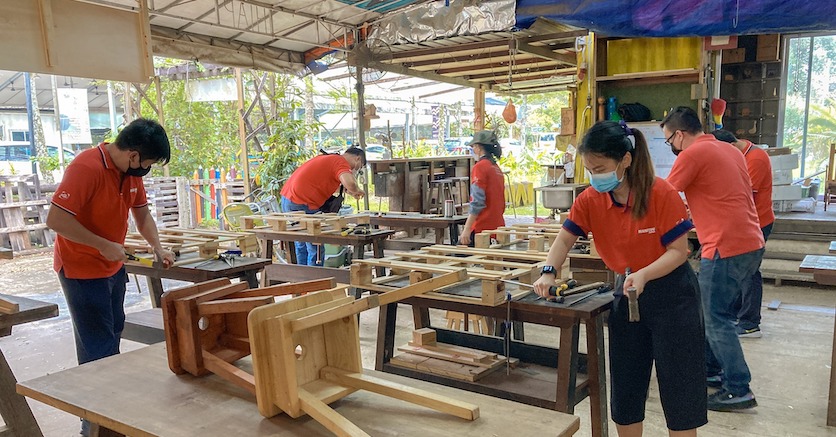Sustainability has three main branches; the most well-known being the environment, economic sustainability and last but not least – social sustainability. Have a look at our quick guide to get onto the sustainability job train!
Sustainable environment
With 72 hectares of rooftop gardens and green walls in Singapore today, and an aim to triple this by 2030, environmental sustainability careers are forerunners in the green career path.
It is not uncommon to find jobs ranging from farm operators to green building sustainability executives in this category.
Sustainable economy
Simply put, sustainability is a business approach to creating longevity by considering how an organization works in the ecological, social and economic environment.
Potential jobs that fall under this category include business executives to human resource managers.
Social sustainability
Social sustainability is about identifying and managing business impacts, both positive and negative, on people. Plans have to support the capacity of current and future generations with the aim of creating healthy and livable communities.
Despite nomenclature titles, community, education or social engagement executives and managers form part of the social sustainability scope.

I’m already a manager, does that mean I’m good at sustainability roles?
Yes and no, most modern sustainability roles will incorporate knowledge of science, social science and humanities. Along with that, corporations are keen to seek people who have these skill-sets:
Complex problem solving
Designing solutions to meet complex challenges will be the main activity of sustainability professionals. Start thinking about how you can hone your problem solving abilities through your current workplace or community, and look for ways to include these into your CV.
Critical thinking
Critical thinking requires you to use your ability to reason. It is about being an active learner rather than a consumer of information. Identifying, analysing and solving problems systematically rather than by intuition or instinct is part and parcel of critical thinking.
Creativity (and adaptability)
Creativity offers unique and/or imaginative solutions to problems. One has to be open-minded and actively seeking opportunities to try new ideas. This skill is often followed by obtaining higher level skills to develop and deploy new technology. It is often here that higher education has a critical role as the world progresses at blazing speed.
Communication
Communication is the process that enables materialization and achievement of goals. This is not simply just passing down messages, but how the message is transferred from source to receiver and how the message is perceived. In fact, poor communication is a major stumbling block for implementing sustainability programs.
Math and Science Skills
A strong understanding of environmental science and the ability to analyze and identify trends are needed skills for sustainability roles. This is where critical thinking joins knowledge for formulating strategies based on scientific facts and current technologies.

Where do I begin?
Check out www.myskillsfuture.sg for a list of courses being offered to reskill workers. It is a one-stop portal that enables Singaporeans of all ages to make informed learning and career choices, so that they can pursue their skills and career development throughout their lives.
Another few places to look through are Singapore government agency websites such as the Building and Construction Authority, which is offering several workforce development schemes to educate and gear up for a new foray into sustainability roles.
You may also choose to volunteer at your current company’s Corporate Social Responsibility (CSR) programmes. While a paper qualification will open doors, it is the experience that will get you comfortably through it and into a new career path. Good luck!







